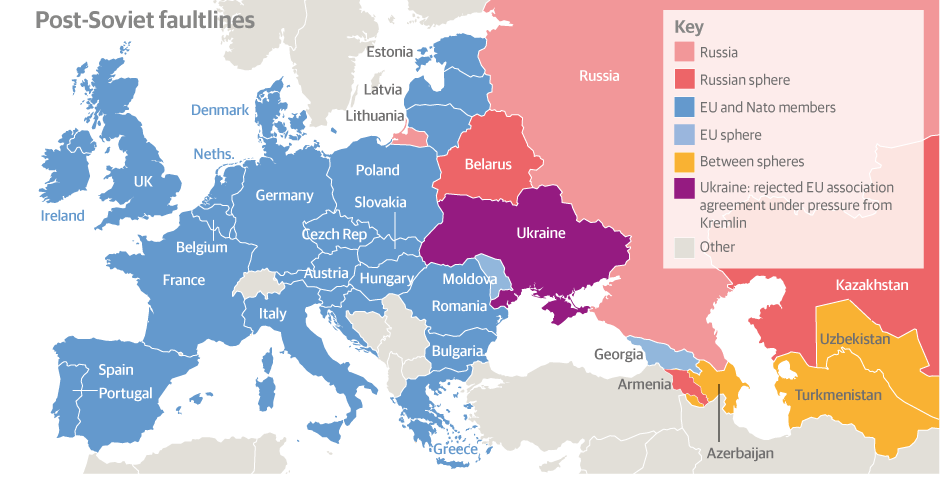Robert Gates:
Other countries watching America's role on world stage
By Greg Richter

Former Defense Secretary Robert Gates (above) says other countries are watching what America does, and we must be careful to ensure we keep our role as a superpower.
"Withdrawing from wars that don't end in clear-cut victories is a tricky business and to avoid the appearance that you're withdrawing from global responsibility," Gates said in an interview aired Sunday on CBS's "Face the Nation."
He said President Richard Nixon and Secretary of State Henry Kissinger don't get credit they deserve from diverting attention from America's loss in Vietnam with their initiatives with the Soviet Union and China in the early 1970s. They sent the message that the United States was still going to be the pre-eminent superpower, Gates said.
But there are no opportunities like that now, he said, making other nations wonder whether the United States will be there for them.
Gates has worked for eight presidents and told host Bob Schieffer he has worked closely with four or five.
He was criticized earlier this year when his memoir, "Duty," painted a less-than-rosy picture of President Barack Obama. Gates told Schieffer that he was fair with Obama, and the initial complaints came from a single journalist who strung together his negative quotes.
"I supported virtually every decision [Obama] made for the first two years I was secretary," Gates said. "I began to disagree with some of the decisions in early 2011."
Those disagreements included America's handling of Egyptian President Hosni Mubarak during the Arab Spring uprising as well as U.S. intervention in Libya.
Gates said he isn't arguing for American military intervention in conflicts throughout the world, but he warned there may be more frequent conflicts and confrontations in the future if people don't believe the United States is willing to assert it's role as "guardian of the international order."
That doesn't mean getting involved in conflicts all the time, he said, "but it does mean a presence and it means that people know that when we say we will do something we will do it."
Gates said Crimea is a "done deal," and there is nothing that can be done to reclaim the former Ukrainian area from Russia.

Russia's occupation of Crimea - Armed Russian troops wait in convoy
As Russian President Vladimir Putin eyes bringing eastern Ukraine under Russian control, Gates said the key to understanding Putin is looking at the past.
"When he said that the collapse of the Soviet Union was the greatest geostrategic, geopolitical catastrophe of the 20th century, he meant it," Gates said.
The West has underestimated the humiliation Russians felt at the collapse of the Soviet Union, because it also represented the collapse of the Russian Empire, he said.
Gates said he isn't sure Putin himself knows what he wants to accomplish in eastern Ukraine other than his long-term objective of protecting the Russians and making sure that Ukraine ultimately leans back toward Russia.
"I don't think he'll rest until there's a pro-Russian government in Kiev, or a federated Ukraine where the eastern part of the country for all practical purposes looks to Russia," he said.
But if Putin is playing a long game that's what the United States must do also, he said. We should push back on Russia to make sure those neighboring states have the independence to choose with whom they want to ally, he added.
Russia has an "economic stranglehold" on the Baltic states, Gates said, and the United States and its allies must create an "economic safety net" to keep them from being forced to knuckle under to Russia.

Turning to Syria, Gates said President Bashar Assad is now winning against the rebels, some of whom are backed by the West.
"This is one of the sad stories of the president's foreign policy," he said. The United States could have done something to help oust Assad early on. Now, he said, it's extremely difficult.
"I certainly don't see a diplomatic solution," Gates said.

No comments:
Post a Comment